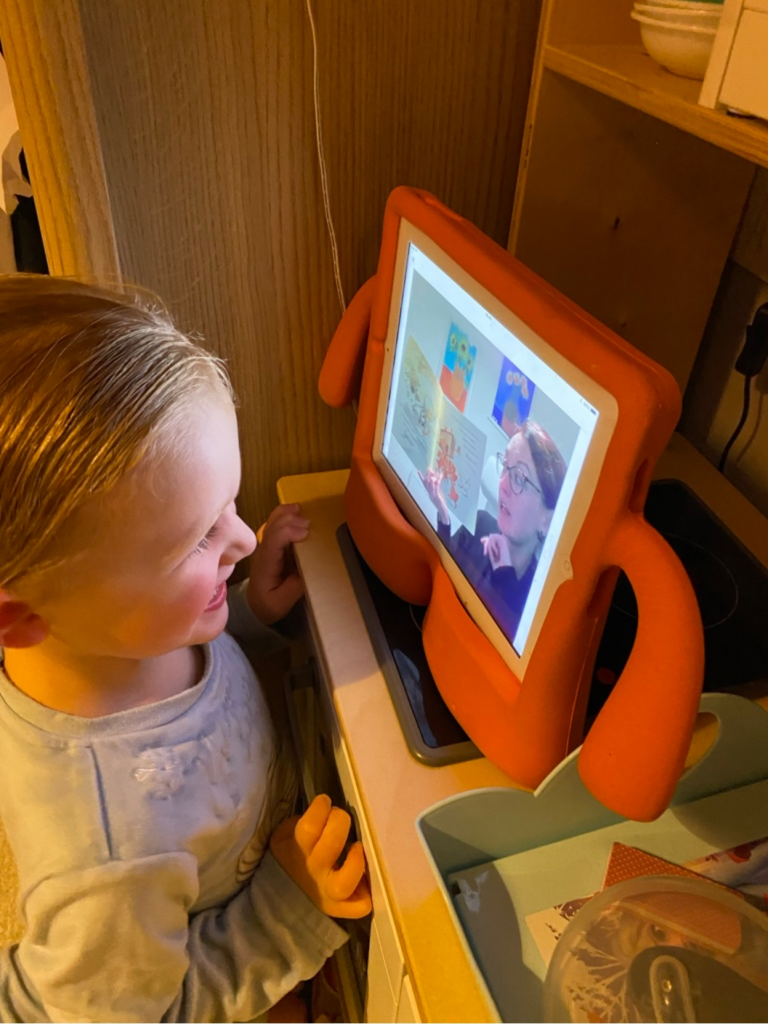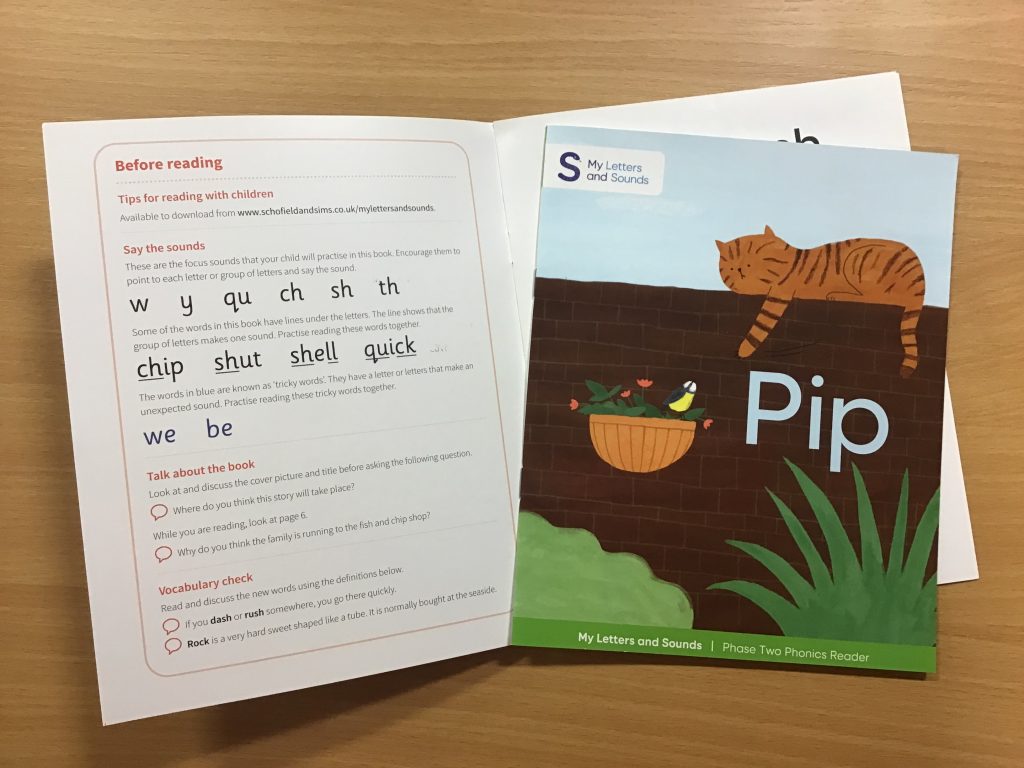Daily Routine
| Monday | Tuesday | Wednesday | Thursday | Friday | |
| 9.00 – 10.15 | Phonics | Phonics | Phonics | Phonics | PE with Mrs Short |
| 10.15 – 11.30 | Maths | Maths | Maths | Maths | Reading |
| 11.30 – 13.00 | Lunch time Outdoor Provision | Lunch time Outdoor Provision | Lunch time Outdoor Provision | Lunch time Outdoor Provision | Lunch time Outdoor Provision |
| 13.00 – 14.45 | Relax Kids Free Flow Unique Child Observations | Theme Free Flow Unique Child Observations | Theme Free Flow Unique Child Observations | Theme Free Flow Unique Child Observations | Forest School |
| 14.45 – 15.00 | Story Time | Story Time | Story Time | Story Time | Story Time |
Observational Assessment in Reception
In Reception, observational assessment is an integral part of the learning and development processes. Staff observe pupils to identify their level of achievement, interests and learning styles. These observations are used to shape future planning. Staff actively encourage parents/cares to share observations from home so that their insight can be considered in future planning, enhancements and interactions.
Reception Home Learning
Parent partnerships are an integral part of our practice at Barley Fields. Our early years team create a weekly home learning sheet which links to current stories, themes and next steps. Often, the home learning sheets are accompanied by a supporting to video to ensure our families can get the most out of the activities. Parents can upload their responses onto the Seesaw learning platform. This feedback provides a valuable contribution to practitioner judgements and future planning. Please see below for a sample of our reception home learning activities.

Share a Story
To support with the development of home reading routines, children begin the Reception year taking home a ‘Share a Story’ book. To supplement this, the early years team record a weekly ‘Share a Story’ video.
Parent Feedback
“I just wanted to share how much Annie LOVES share a story. She listens so intently as she watches the video and she responds to all the familiar parts! What a brilliant idea!”
Reading Scheme Books
Once children are able to recognise and apply some of the sounds taught through our bespoke phonics scheme, they will begin to receive their reading scheme books. These have been carefully selected to match our scheme and to support families with the consolidation of reading skills at home.


Weekly Home Learning Activities
Each week, our Reception team create a bespoke home learning sheet. The activities suggested are closely linked to current learning, recent interests and appropriate next steps. The home learning sheet is added to Seesaw on a Friday and is available until a Tuesday evening. Parents/carers are encouraged to upload their responses to Seesaw as a way of contributing to their child’s learning journey and supporting assessment.
Staff regularly create supporting videos to guide parents/carers on the completion of activities. They offer alternatives for adding more challenge or support.
Parent Workshops
Maths Workshop – Parent Feedback
“It was nice to see what the children are learning and whether my child is reaching expectations. I liked seeing the examples of work. It was so helpful to have examples of books and resources to use at home.”
“The workshop was really informative and it is great for parents to hear how their children are being taught and the methods used. If the children use the words like ‘Numicon, subitise, number line, whole part model, tens frame etc’ parents are able to extend learning at home using the same methods already understood by the child from school. Great workshop. Thanks.”
“It was lovely to see what the children have been doing in school and how they incorporate maths into their daily learning. I loved the idea about a ‘can do’ attitude and I will certainly be looking for the recommended books.”
Warning: Invalid argument supplied for foreach() in /home/sites/barleyfieldsprimaryschool.org.uk/public_html/wp-content/themes/mmd/page.php on line 23
